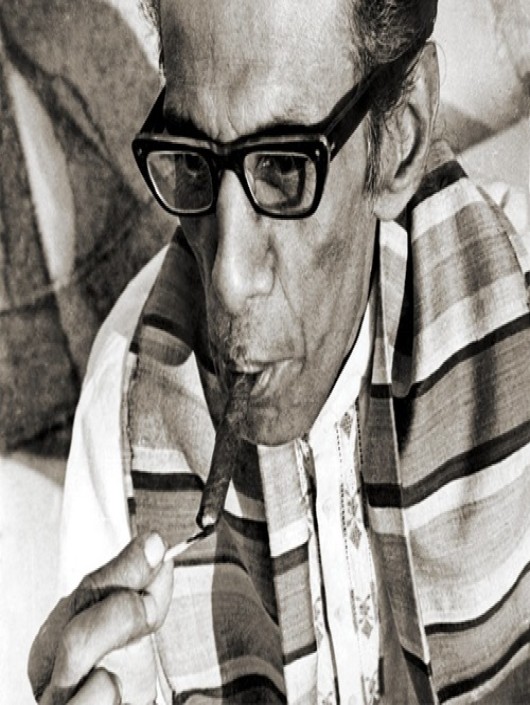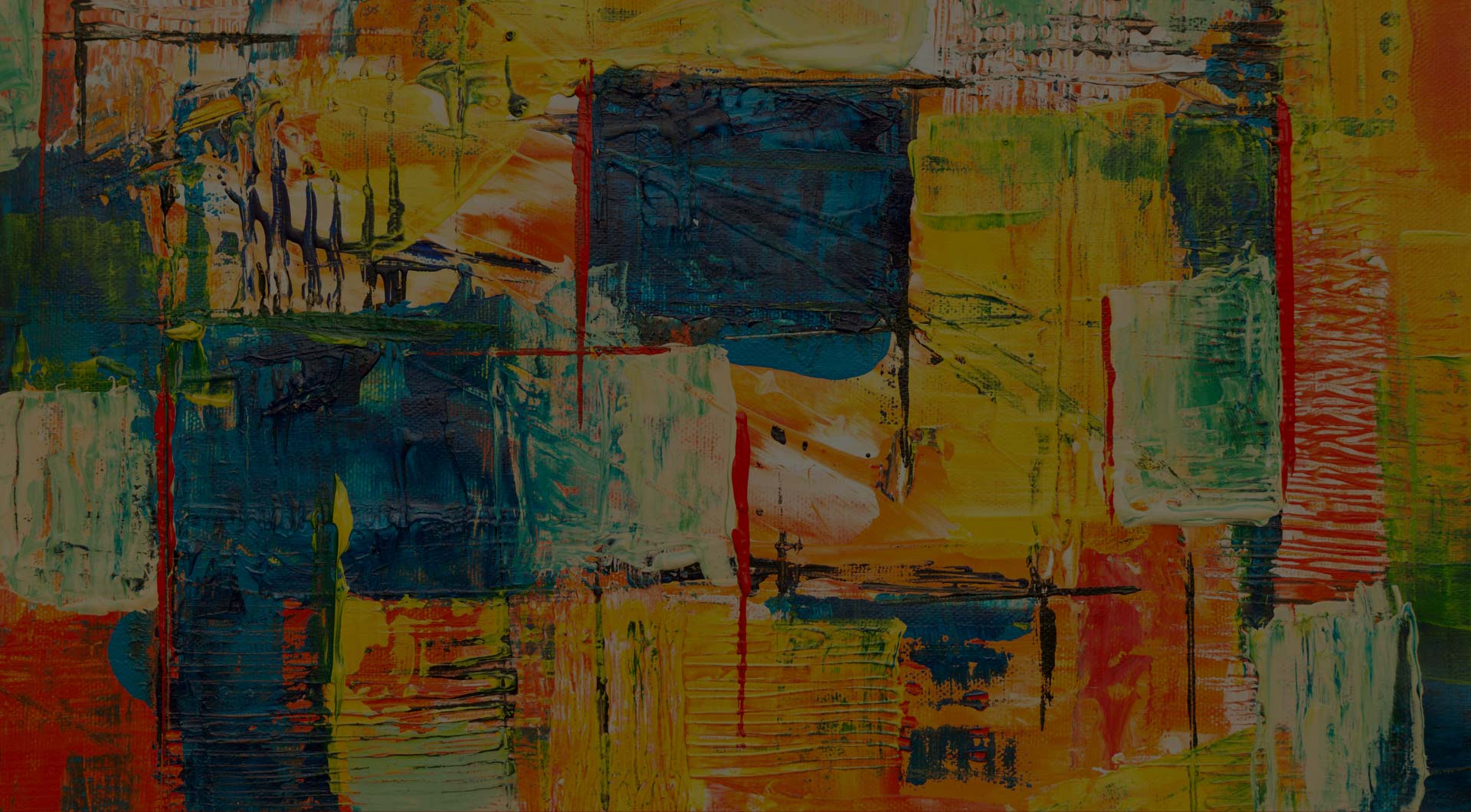“I wish to realize what the colours have to offer in a certain moment. I wait for things to happen and pervade my picture space, which was empty before their arrival, and would remain empty if resonances of a happening have not left their marks on it.”
Anwar Khan (b. 1964, Ambha, Madhya Pradesh), widely known simply as Anwar, is a distinguished figure in Indian abstraction. Unlike many of his peers trained in major art schools, he pursued his passion more humbly, studying in Gwalior and completing a National Diploma in Fine Arts in 1985. After moving to Bhopal, drawn by its thriving artistic community, he found a lifelong base and the mentorship of J. Swaminathan, who introduced him to Sufism and its philosophy of love and light.
Early in his career, Anwar rejected the prevailing trend of figuration, cultivating a distinct abstract language that soon gained national and international recognition. From 1986 to 2003, he held solo exhibitions almost every year, charting the evolution of his practice. His style, initially defined by angular, forceful forms, gradually transformed into a more meditative and lyrical expression. Swaminathan once described his canvases as “watching a waterfall or a storm at sea with the sound muted,” pointing to the silent yet powerful energy that permeates his works.
The 1984 Bhopal gas tragedy left a profound mark on Anwar’s art, pushing him to create layered, emotionally charged compositions that reflect both grief and resilience. In his mature works, he frequently bisects the canvas with a vertical line that draws the surrounding elements into resonance. He grinds his own pigments, building textured surfaces, and enhances them with dry pastels, gestural marks, and at times woven or painted materials—lending his paintings a tactile, almost sculptural depth.
Today, Anwar’s practice continues to embody a unique blend of spiritual reflection, technical experimentation, and poetic abstraction, making him one of the most distinctive voices in Indian contemporary art.


